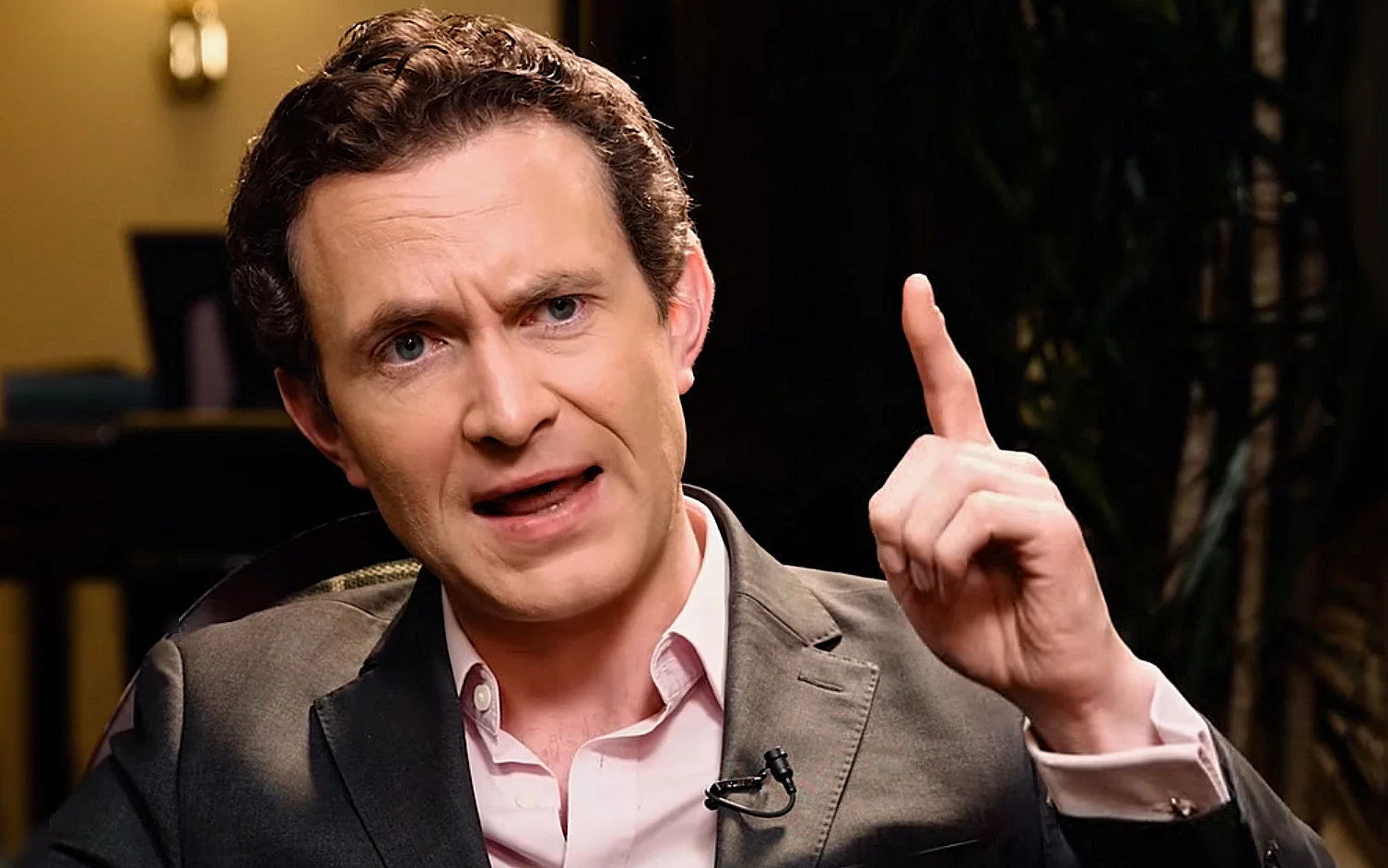Douglas Murray is a very bright light in the very dark labyrinth that is 2017 journalism. He is the founder of The Centre for Social Cohesion and is currently the associate director of The Henry Jackson Society. A columnist for both The Spectator and Standpoint, he frequently contributes to The Sunday Times and The Wall Street Journal. In his second year at Oxford, (at the ripe old age of nineteen) he penned a biography of Lord Alfred Douglas, which was later described (by none less than Christopher Hitchens) thus:
"In the year 2000, I was invited to review a new book about Lord Alfred Douglas, who had been Oscar Wilde’s toxic and eventually fatal choice of boyfriend.
I was simultaneously impressed and depressed by the assignment, because the work turned out to be (a) masterly and (b) written by someone who turned out to be only a few years older than my son. (Mr. Murray was born in 1979, which meant that he had finished the biography while he was still at college.)
There are not many occasions when a grizzled hack like myself can mark the emergence of a fresh new author who bears watching, but this was indubitably one of them."
Murray and Hitchens later became fast friends, despite their very different political dispositions (Hitchens usually occupying a foxhole well to the left of Mr Murray's).
With the release his latest book, The Strange Death of Europe, Douglas Murray has been vigorously pounding the interview trail to promote it. I found this dialogue with Sam Harris particularly edifying:
Richard Holloway was the Bishop of Edinburgh from 1986 until 2000. He is quite a controversial figure, leaning increasingly towards agnosticism and self describing as an "after-religionist".
Holloway is well known for support of gay and lesbian causes and is a patron of LGBT Youth Scotland. He is the the author of more than 20 books exploring sexuality, drugs and bioethics and their relationship with modern religion. Holloway also writes for The Times, The Guardian, The Independent, Sunday Herald and The Scotsman.
Richard Holloway recently interviewed Douglas Murray and while I found the interview itself interesting, what really caught my attention was Murray's choice of music. He begins with the ethereal, hauntingly beautiful and extraordinarily complex Spem in Alium by Thomas Tallis. I shall allow Douglas to elaborate:
Hollowyay: Why this one?
Murray: Well, I was asked if I could choose two pieces of music and you may as well go straight for the best.
The Chorus Mysticus, the denouement of Mahler's Symphony No. 8, begins almost imperceptibly in E♭ major. Mahler's notation here was Wie ein Hauch, "like a breath". It follows the narrative of the final scenes of Goethe's Faust; the journey of Faust's soul, rescued from the clutches of Mephistopheles, on to its ascent into heaven. Faust did indeed make it to heaven in the end, angels declaring: He who strives on and lives to strive, can earn redemption still. Later paraphrased in Finding Nemo as "just keep swimming".
This performance of Chorus Mysticus, Cologne Philharmonic Hall, June 2009, conducted by Heinz Walter Florin, is magnificent:
"it's one of the great expressions of the human spirit" Indeed it is Mr Murray, indeed it is. The zenith of Western culture perhaps?
William Crampton



